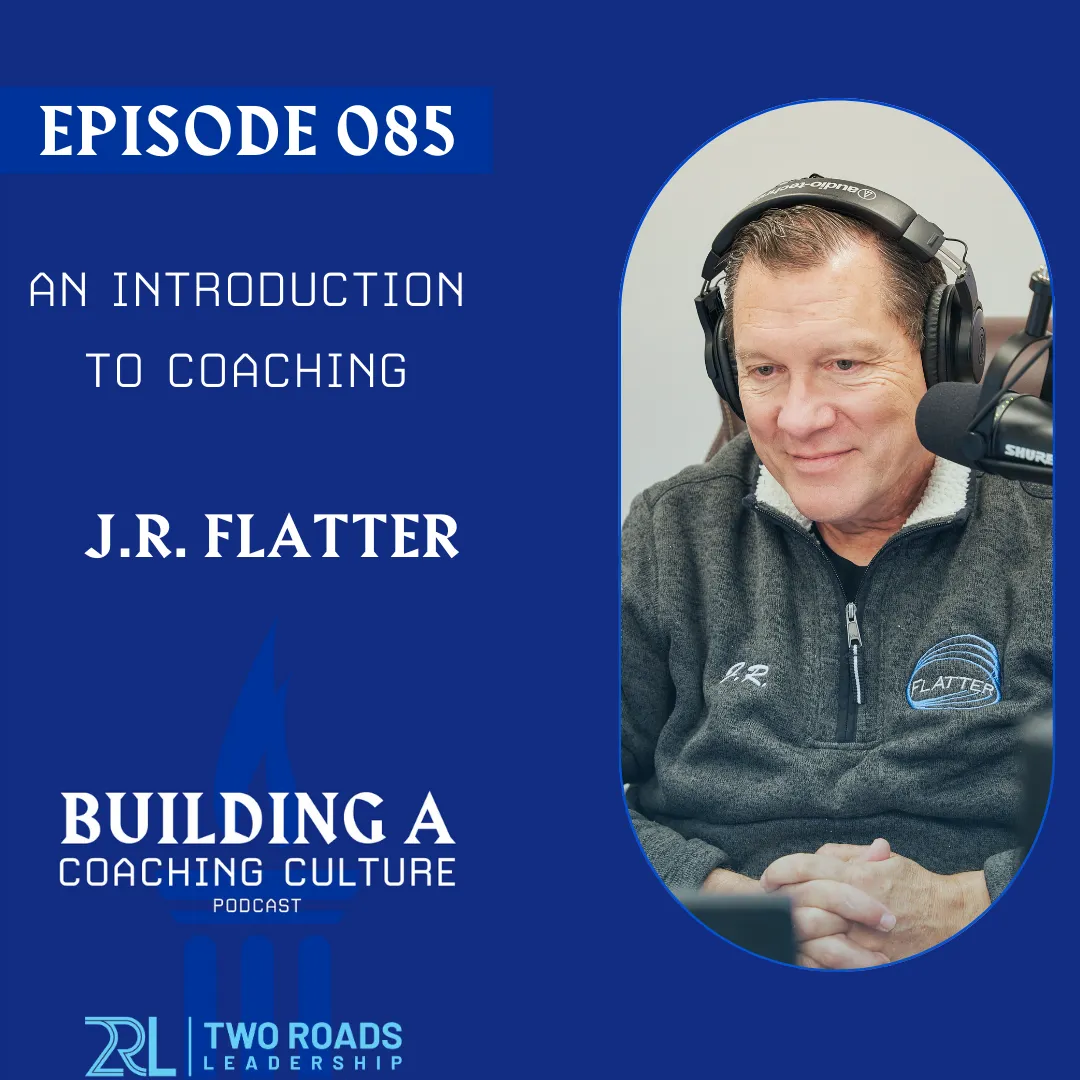Why is coaching considered a fundamental practice that differs from other methods of leadership and human interaction?
Today, J.R. and Lucas Flatter speak about the ever-changing nature of teaching and how mindfulness has become a crucial concept in the coaching realm. They share their insights on leadership, coaching, and education, highlighting the differences between mentoring and coaching.
Get ready for a thought-provoking and introspective journey as we delve into the world of coaching and the transformative power it holds!
Key Topics:
* The importance of Mindfulness in coaching
* Having an open mind and heart for continuous learning and growth.
* What the fundamentals of coaching are
* How to overcome cognitive biases
* The importance of Teaching Fundamental Principles and Hands-on practice
Building a Coaching Culture is presented by Two Roads Leadership
Produced, edited, and published by Make More Media
Episode Links
J.R. Flatter
Founder of Two Roads Leadership
Lucas Flatter
Resources
2RL 4 day Coach Certification Bootcamp
2RL ICF-Approved Coach Certifications and Trainings
Transcript
Automatic Transcription - please excuse any errors

